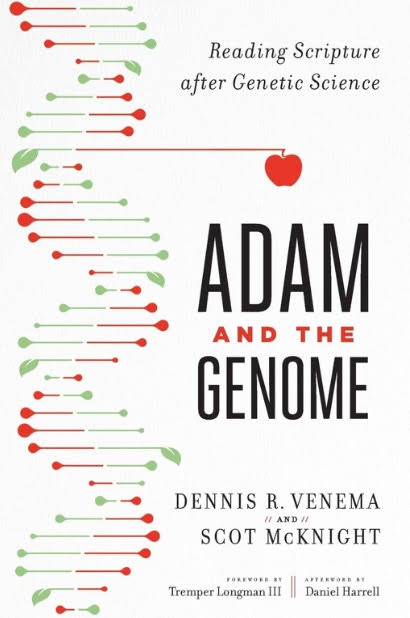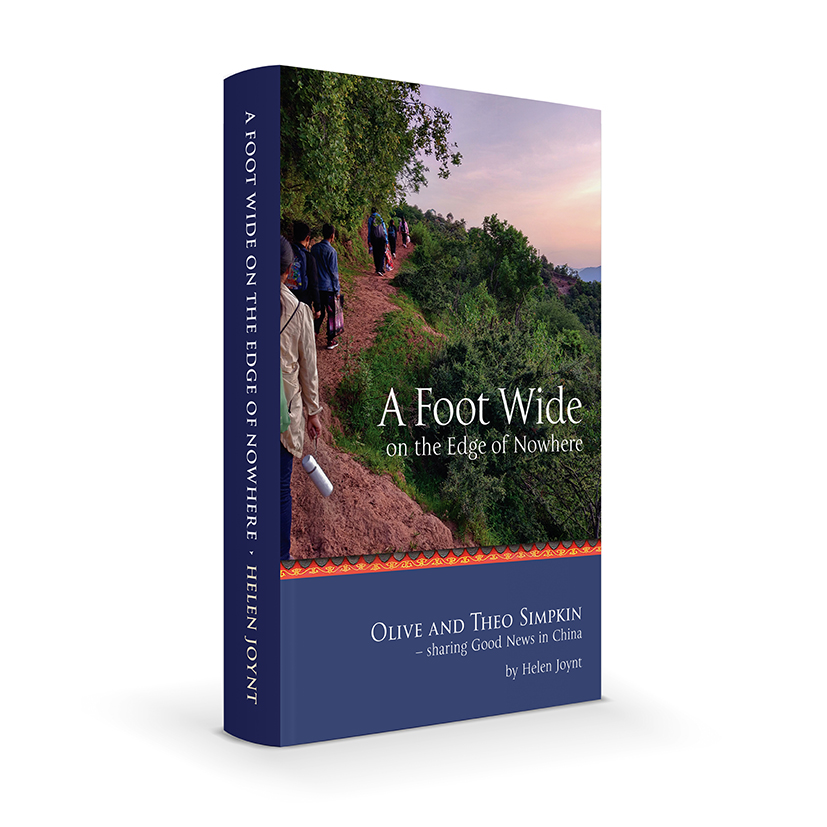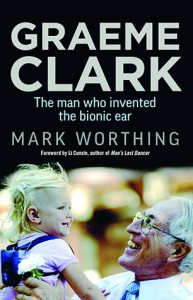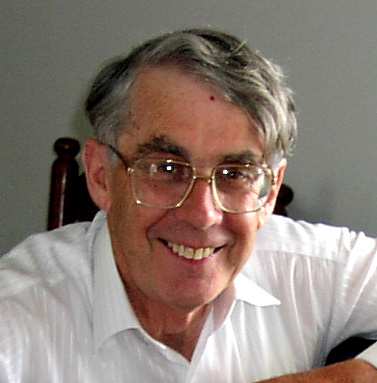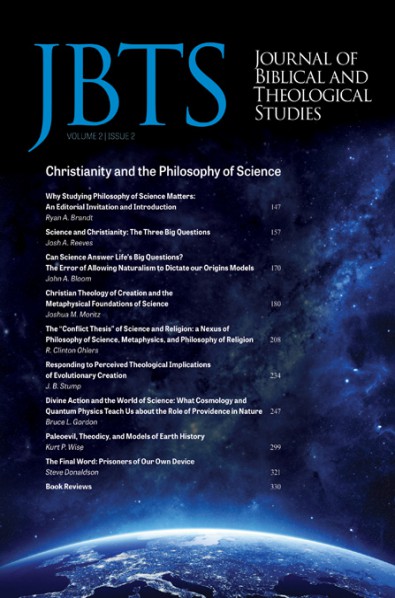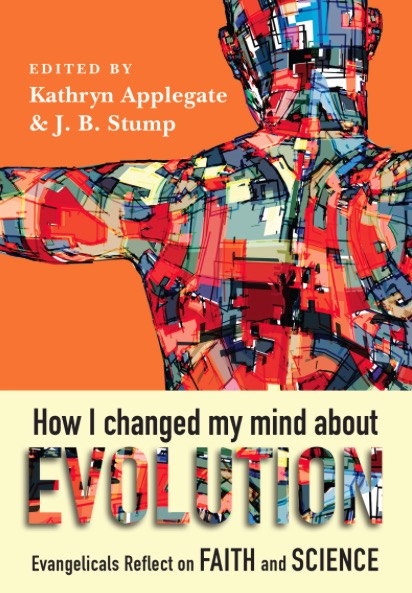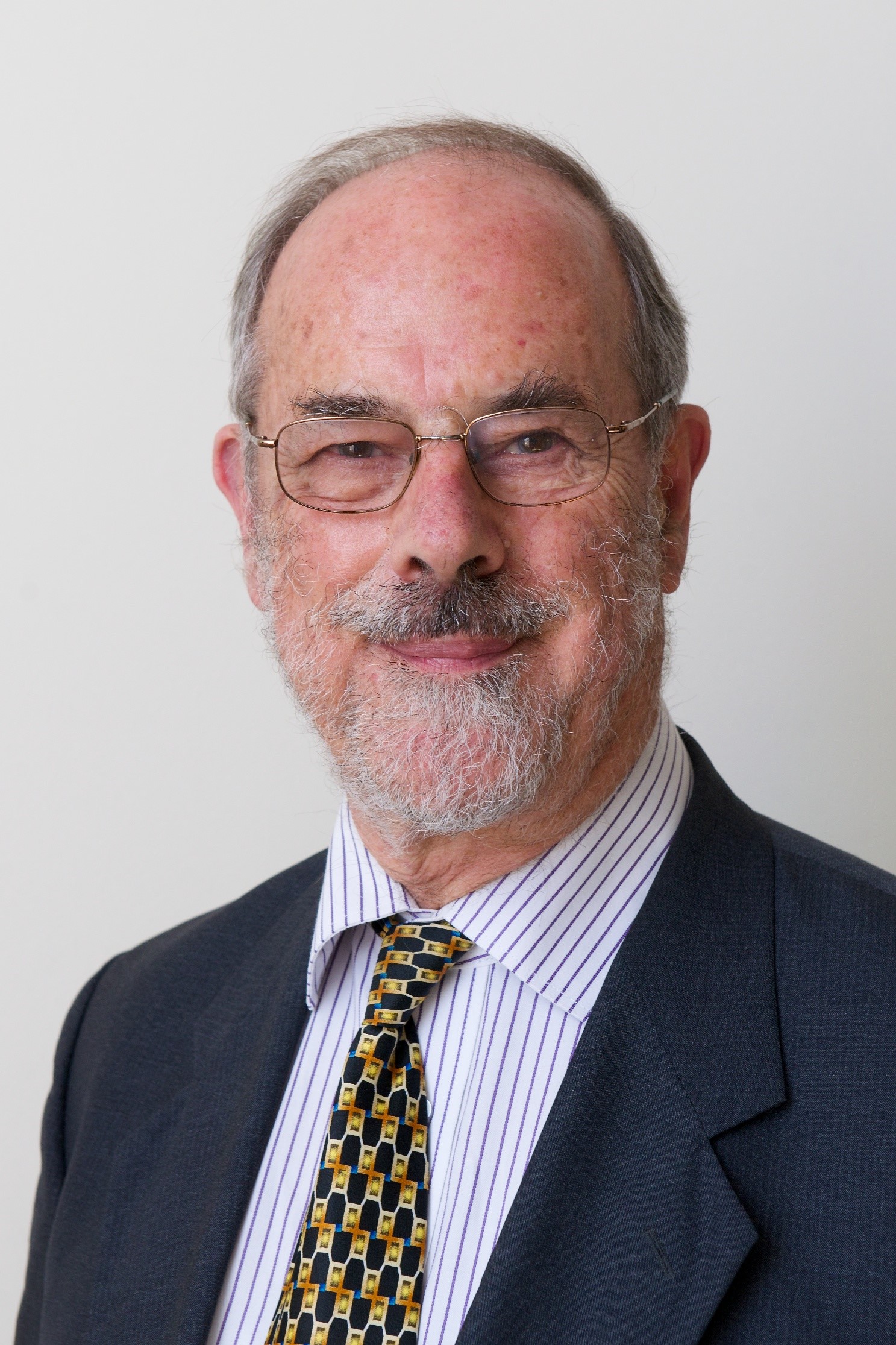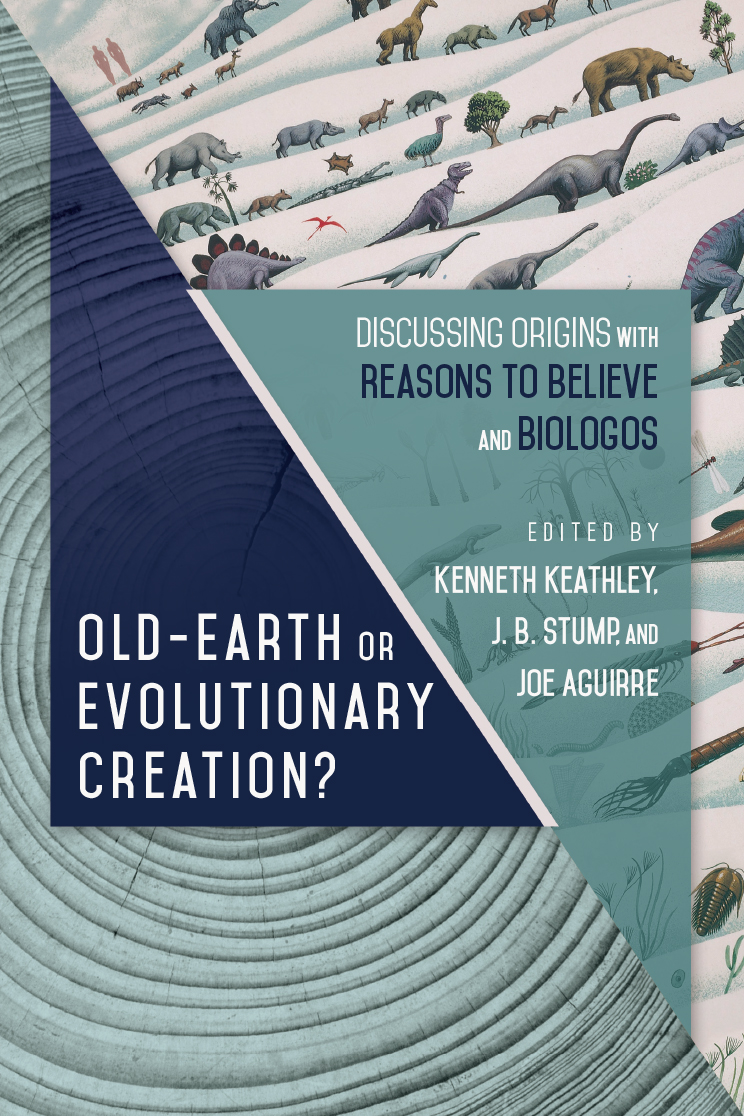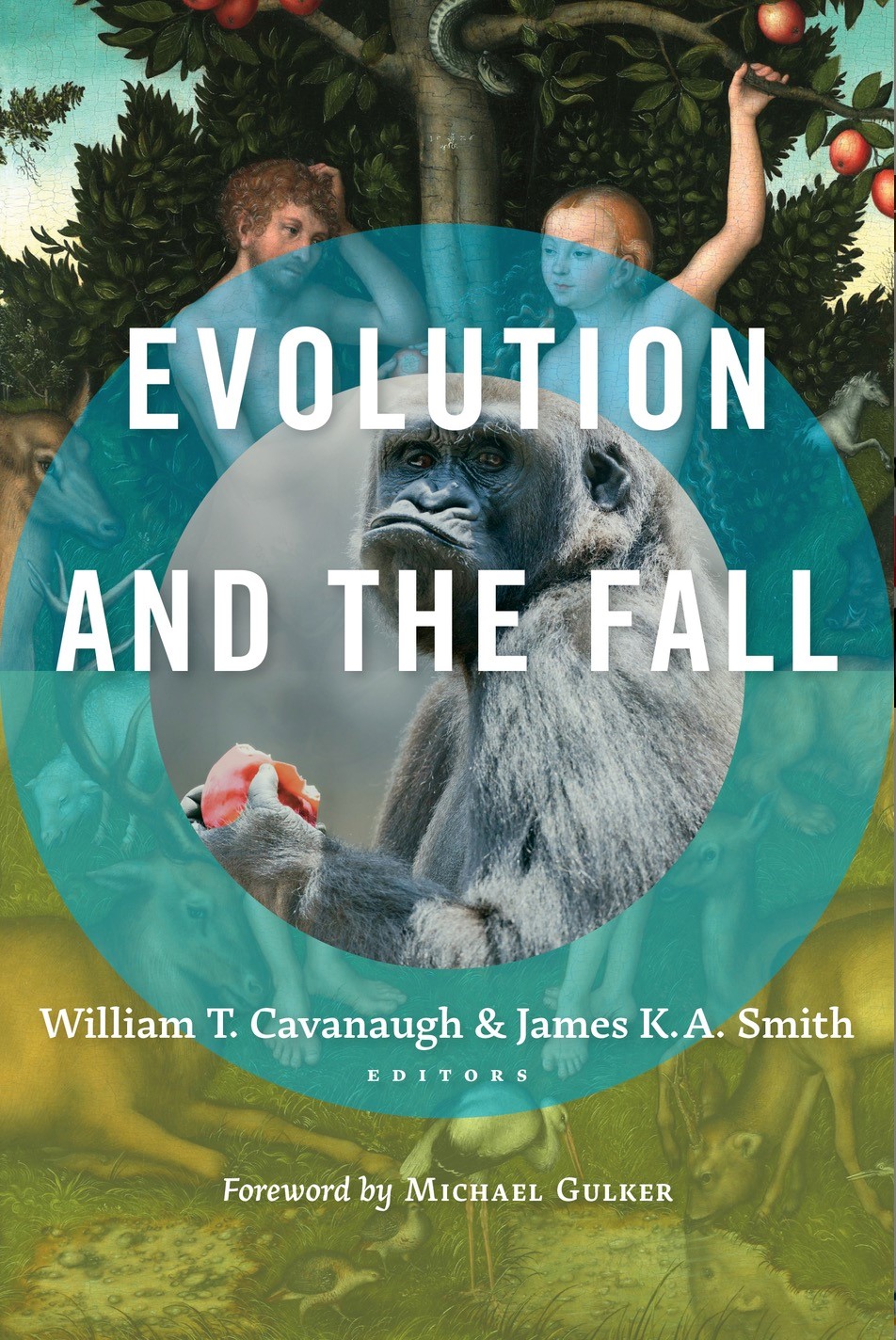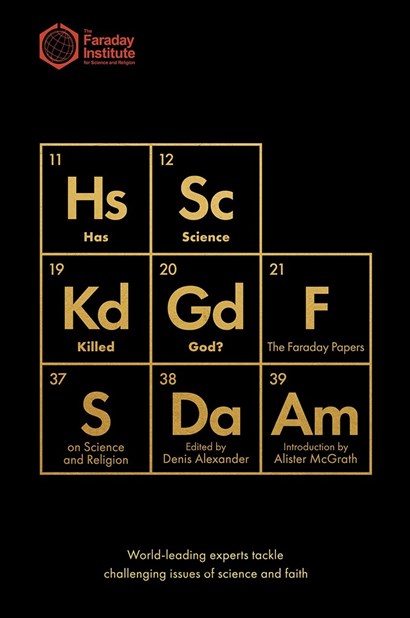
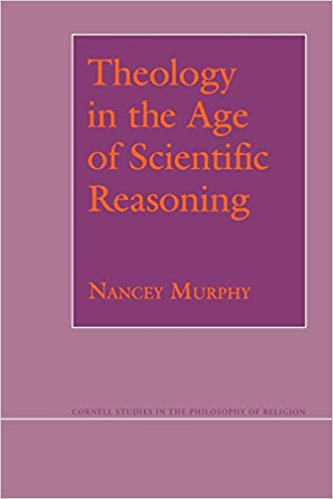

Review of Nancey Murphy’s book ‘Theology in the age of scientific reasoning (Cornell Studies in the Philosophy of Religion)’
Murray Hogg, June 2011
Download PDF
Nancey Murphy
Theology in the age of scientific reasoning
(Cornell Studies in the Philosophy of Religion) Cornell University Press, Ithaca, NY, 1990, 215 pp. ISBN 0801424003, 9780801424007
Reproduced, with permission from The Melbourne Anglican June 2011, p. 25.
REVIEWED BY Murray Hogg
Coming to terms with science has been a task which has captured the attention of theologians for generations. Often the concern has been to assess the scientific credentials of particular doctrines, like the virgin birth of Christ or the formation of living organisms. The bigger question, however, has to do with the very way we approach thinking about theology. What does it mean to practice theology scientifically?
Nancey Murphy has given this question very serious consideration, drawing on the work of renowned philosopher of science, Imre Lakatos (1922–1974), to suggest an approach to theology which takes account of recent advances in philosophy of science. It is certainly not light reading, but those willing to tackle some quite complex philosophical issues will find it most rewarding. It is perhaps the most sophisticated treatment of its kind and, despite being published some 21 years ago, retains enormous contemporary relevance.
Murphy begins with a historical overview of scientific practice and its implications for theology. Starting with Hume, she considers the work of Popper, Stout, Pannenberg and, of course, Lakatos, and in so doing provides as concise an overview of the history of post-Humean theology as one could hope to find. The point is basically to lay bare the problems besetting theological enquiry in the modern age.
What these problems are is, in one sense, not so very important given the advent of post-modernism. Here it is helpful to realize that many ‘scientific’ critics of theology take as their starting point an understanding of science which is quite outmoded. Murphy deals with these issues in far more depth than I can hope to cover here. Suffice to say that hers is a historically informed treatment which takes full account of recent developments. At the very least, the book will open one’s eyes as to just how poorly informed on matters of scientific procedure are many of theology’s most vocal contemporary critics.
Whilst properly analysing the problems at hand is critical, it is the development of a philosophically informed approach to theological reflection which makes Murphy’s work so valuable. In broad outline, Lakatos suggested that science consists of a core theory (the ‘hard core’) which define one’s research programme. Around this are auxiliary hypotheses which relate empirical data to the theory. As one’s research progresses, the hard core remains the same whilst auxiliary hypotheses are adjusted to account for observation. It is this framework which Murphy adopts in order to explain the theological task.
Fundamental to Murphy’s application of Lakatosian theory is the idea of Christian community as the ‘laboratory’ of theological inquiry. The experiences and practices of Christian believers living in community provide the raw empirical data for theological reflection. In developing her understanding of how Christian communities reflect upon experience, Murphy draws upon the work of Jonathan Edwards and Ignatius Loyola among others. Theology, then, is the task of reflecting upon the ‘data’ of religious experience in order to modify auxiliary hypotheses to conform those hypotheses to the ‘core’.
Such a cursory review leaves all too much unsaid. This is a very dense book which engages with some very significant issues in philosophy and theology, and one cannot possibly hope to do it justice in a review of this brevity. May the reader not ascribe to the book the shortcomings of the reviewer or his review! At all points Murphy’s treatment is informed, insightful, and creative and not to be dismissed by anyone wishing to claim real insight into the practice of theology in the age of scientific reasoning. Although rather heavy going, it is a very worthwhile read.
Murray Hogg is the Chair of the Victorian chapter of ISCAST and is currently undertaking post-graduate studies in religious epistemology. He is the pastor of East Camberwell Baptist Church.
2
